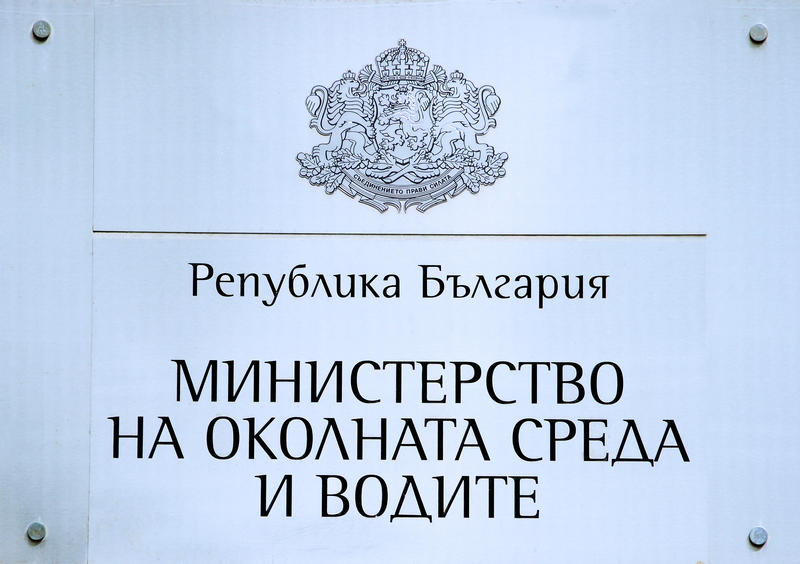The import, purchase, sale, ownership, and rearing of wild cats in Bulgaria is banned
09 Aug, 2023 | 14:52
- Experts from the Directorate "National Service for the Protection of Nature" at the Ministry of the Environment and Water remind of this in relation to the case of a lost animal in Lozenets, Tsarevo Municipality
In Bulgaria, it is forbidden to import, acquire, sell, own and breed specimens of wild cats and primates. Exceptions to these prohibitions in the Animal Protection Act are allowed only for zoos and rescue centers. The persons who illegally own the specified animals are punished with a fine of 1 000 to 2 000 BGN, and in case of a repeated violation – 2 000 to 3 000 BGN. The animals are subject to confiscation.
According to the law, serval, caracal and lynx species are wild cats and their import, purchase, sale, possession and breeding are strictly prohibited.
Breeding exotic cats, such as Savannah (hybrid between serval and domestic cat), Chowzie (hybrid between domestic cat and swamp lynx/reed cat) and Bengal cat (hybrid between domestic cat and Far Eastern/Leopard cat) is currently allowed in Bulgaria, as they are internationally recognized breeds and are not classified as wild.
However, in some countries, the cultivation of these hybrids is also prohibited. For example, in some states in the USA, the breeding of Savannahs is prohibited, and in the Netherlands, from 01.01.2024, servals and Savannah cats will be banned from being kept as pets.
The reasons for these restrictions are related both to ensuring the safety of citizens and to guaranteeing the protection and welfare of animals. Primates, for example, are characterized by a high level of sociality and a need to belong to a group of their own kind. Raising them as pets often leads to the development of aggressive behavior, illness, poor physical condition, especially after reaching sexual maturity, precisely because of a lack of the appropriate environment of peers.
Wild cats are among the perfect predators – they need a large territory, a lot of movement, their instincts are very strong, they are difficult to tame and they can also develop aggressive behavior, poor physical condition, illness, etc. because of unsuitable conditions for their cultivation.
The MOEW has no data on illegal import of wild cats from kennels, but we would like to draw attention to the fact that the ministry does not have the authority to exercise direct control when animals cross the border. At the border posts there are veterinarians who control the import of animals.
There are many ads for the sale of servals, caracals, ocelots and other wild cats available on the Internet, but the checks show that the ads are mostly from abroad (as seen by the location and the automatic translation used) or no one answers the indicated phones. The only effective way to prevent the illegal import of wild cats is the control that is carried out at the border points.
For exotic animals allowed to be bred in the country, the legislation provides for mandatory registration at the relevant regional environmental and water inspectorate. Depending on the animal species, registration can be under the Biodiversity Act if the species falls under the Convention on International Trade in Endangered Species of Wild Fauna and Flora (CITES) or under the Animal Protection Act if the species is wild but does not fall under the CITES Appendices. Detailed information about this is published on the website of the Ministry of Environment and Water at the following link https://www.moew.government.bg/bg/priroda/biologichno-raznoobrazie/jivotni-izvun-estestvenata-im-sreda/ukazaniya-za-registraciya-na -divi-jivotni/
Information on the eligibility and procedures for breeding exotic animals in the country can also be requested from the relevant Regional Inspectorate of Environment and Water (RIEW).
You can see more about the case of the lost animal report in the village of Lozenets and the inspection carried out by RIIEW - Burgas at https://riosvbs.com/home/news/5452
